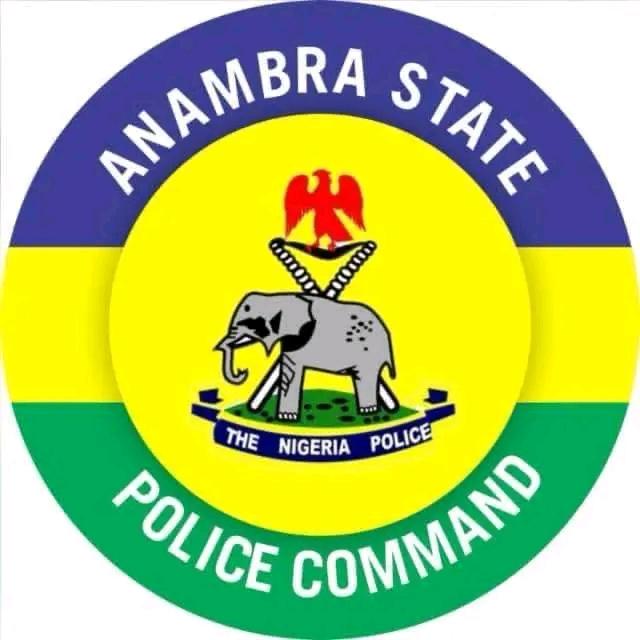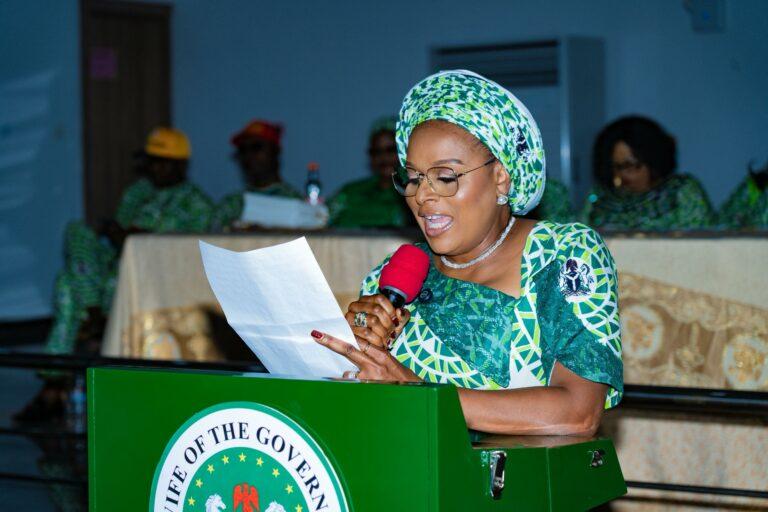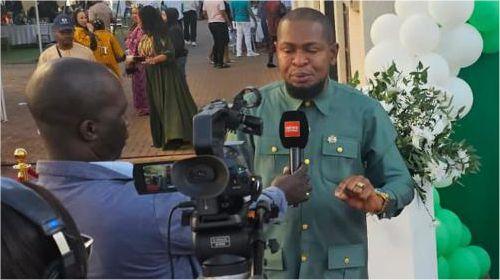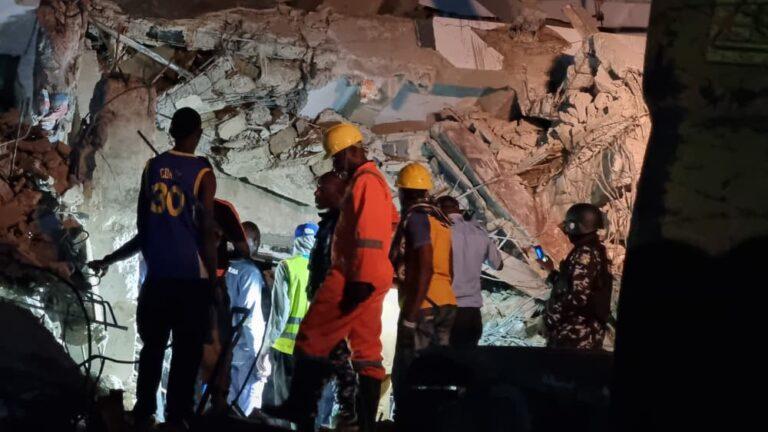Despite ongoing efforts by the Nigerian Army to boost participation in its recruitment drive, only 200 youths from the South-East have registered for the exercise, an alarming figure compared to over 4,000 registrants in other regions.
This was revealed by the Leader of the Army Force Headquarters Recruitment Sensitisation Team in Anambra, Brig.-Gen. Chima Ekeator, during an engagement with youth leaders and community President-Generals in the state.
Ekeator expressed concern over the low response and urged traditional rulers, youth leaders, and community stakeholders to encourage more young people to apply.
“This sensitisation is necessary because, according to records, only 200 persons have registered from the South-East, while in other states, not less than 4,000 persons have registered,” he said.
“We are calling on youth leaders and P-Gs to go to their communities to talk to the youths and encourage them to take part in the recruitment. Increased youth participation will enhance the representation of the South-East in the force, ensuring that the region’s quota is fully utilised.”
Anambra State Governor, Prof. Chukwuma Soludo, through the Commissioner for Youth Development, Mr. Patrick Aghamba, assured that the government would intensify sensitisation efforts.
He called on traditional rulers and P-Gs to mobilise at least 10 eligible youths from each community to join the Army.
Similarly, the Commissioner for Local Government, Chieftaincy and Community Affairs, Mr. Tony-Collins Nwabunwanne, added that the exercise targets youths between the ages of 18 and 22, and urged them to seize the opportunity.
However, the call to enlist is meeting resistance from the Indigenous People of Biafra (IPOB), which has warned Igbo leaders against pushing youths into the military.
In a statement issued on Tuesday by its spokesman, Emma Powerful, IPOB cautioned traditional rulers, religious bodies, elders, community leaders, and youth groups to desist from urging young people in the South-East to join the Nigerian Army.
“They should first ask themselves how many Igbo in the Nigerian Army have been elevated to higher ranks despite their bravery and qualifications,” Powerful said.
“Information before us revealed that the Nigerian Army is holding both public and private discussions with numerous Igbo leaders, urging them to rally our youths into joining the military.”
He called on community leaders to channel their energy into helping Igbo youths secure opportunities in federal agencies like the Central Bank of Nigeria (CBN), the Nigerian National Petroleum Company (NNPC), the Economic and Financial Crimes Commission (EFCC), the Nigeria Customs Service, and others.









